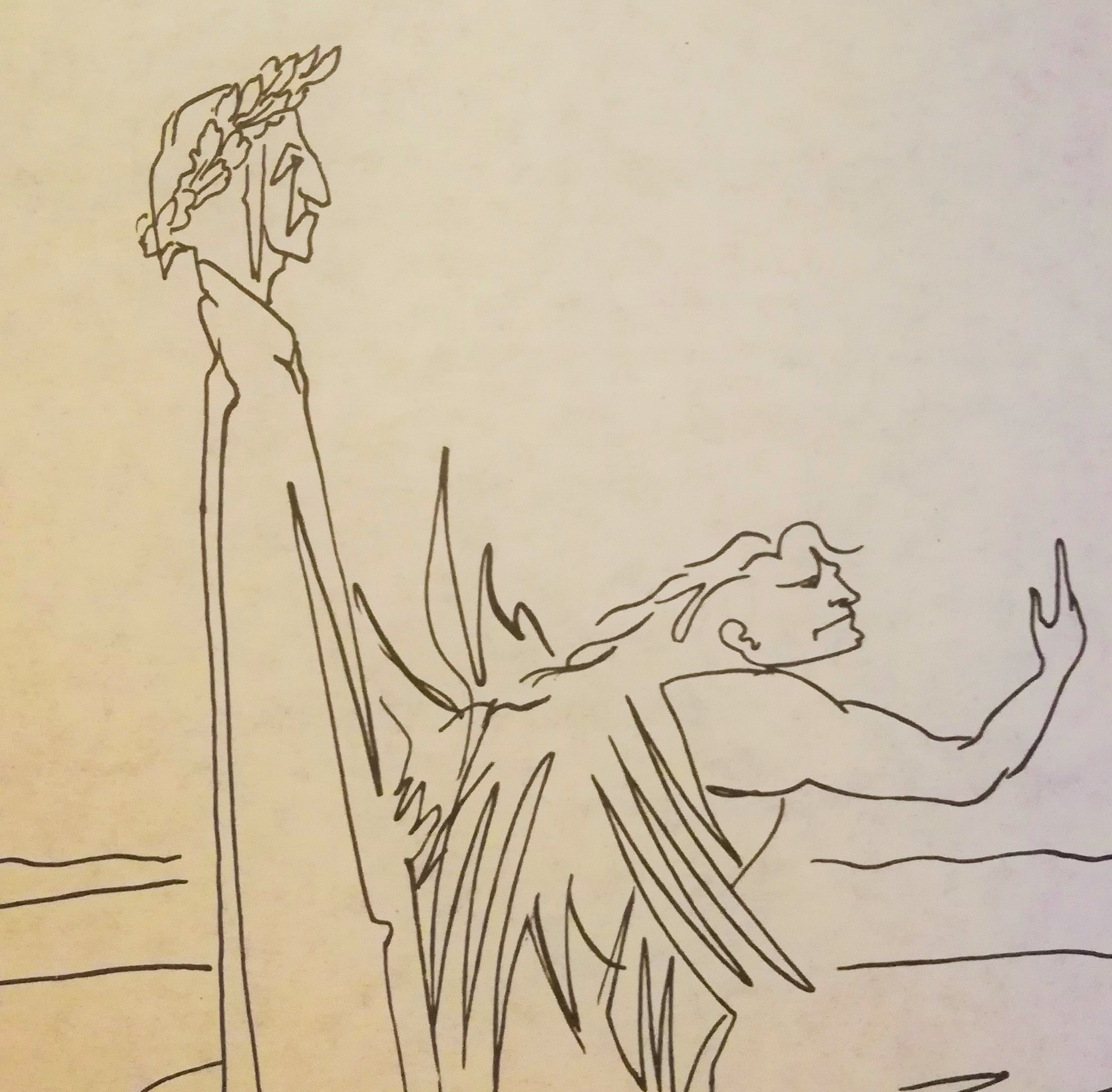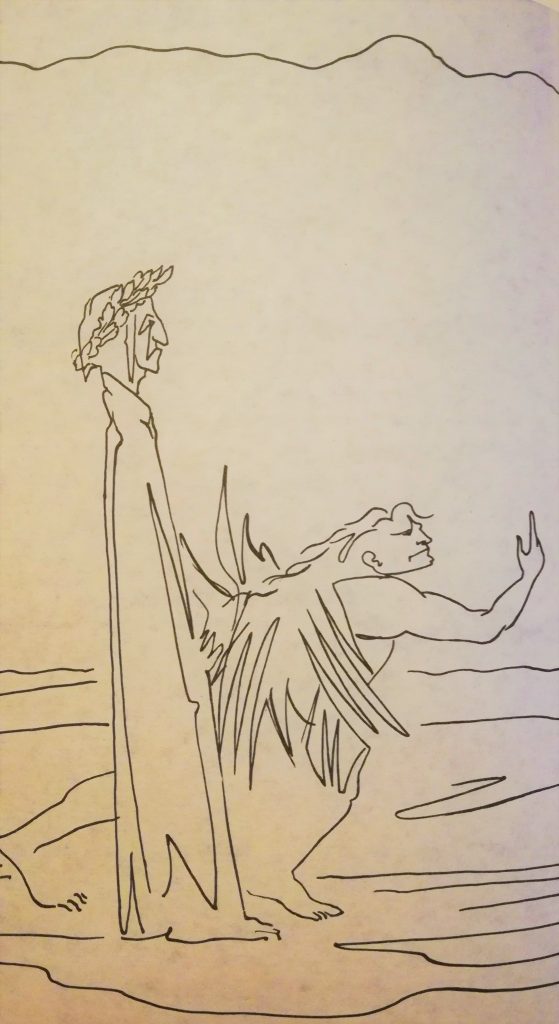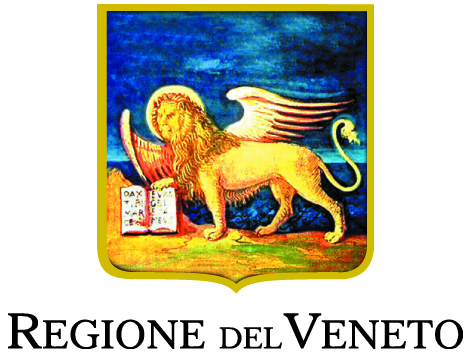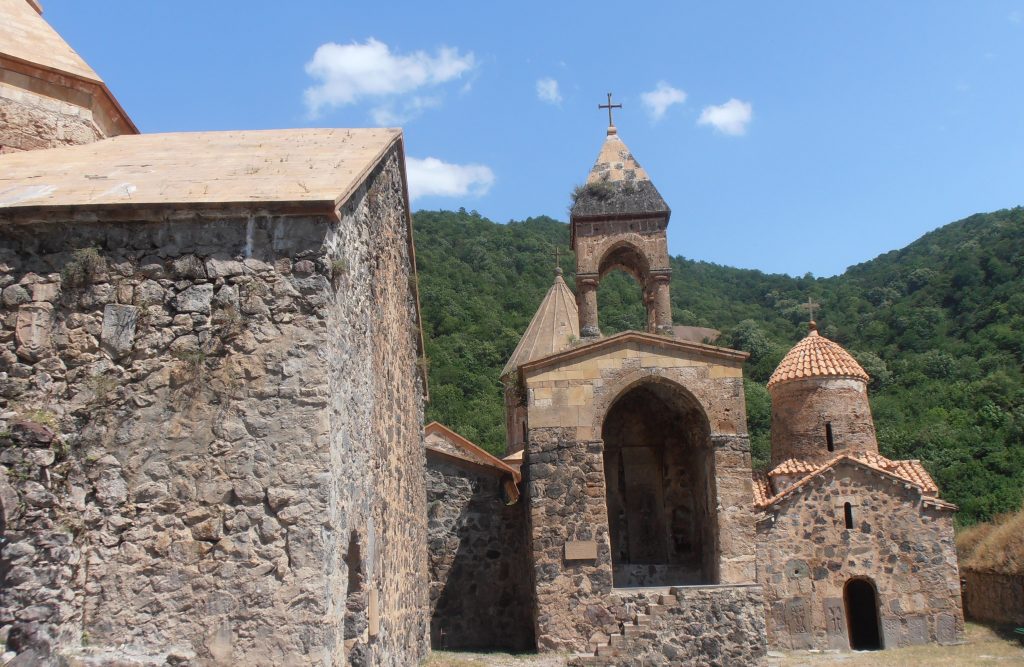 INVITE Blog
INVITE Blog
Fiction and reality, poetry and politics, poets exiled or killed because of their ideas and for telling the truth. Our INVITE fellow Hasmik Vardanyan shares some Armenian verses and her reflections about her research.
Hasmik is working on the reception of Dante in the works of the Armenian poets who became victims of the Armenian Genocide and the Stalinist repression, works that are still more than actual and strongly connected with what is going on in Armenia in these days.
O, don’t be shocked when I tell you this story which cannot be told…
Let men understand the crime of man against man,
Under the sun of two days, on the road to the cemetery
The evil of man against man,
Let all the hearts of the world know…
That morning in death’s shadow was a Sunday,
The first and helpless Sunday which rose over the corpses…
Siamanto, The Dance (from the Bloody News from My Friend, 1909)
Trans. Peter Balakian and Nevart Yaghlian
It was again a Sunday, the 27th of September 2020… I woke up earlier than usual in my peaceful Veronese apartment with an unusual feeling of anxiety. Instinctively I took my phone to check the news. War! This was the first word my sleepy eyes managed to catch. The Turkish-Azeri joint forces attacked my lovely little Artsakh (also known as Nagorno-Karabakh), an ancient Armenian region with wonderful culture, churches and monasteries and the most proud, brave and – at the same time – kind-hearted and peaceful people I have ever known.
In 1921 Artsakh – also known as Nagorno Karabakh – was unfairly and cruelly separated from the motherland by one of the great evils of the last century called Stalin and was given to the recently formed country called Azerbaijan. In the 70 soviet socialist years of terror and silence, Artsakh and its people maintained their identity and the autonomy inside the Azerbaijan Soviet Socialist Republic and when the Soviet Union collapsed, it had all the legal rights to declare independence. Yet, it wasn’t that simple, unfortunately.
In a world where money and power are the absolute values, the basic human rights stop existing. Persecutions, tortures, murders, rape: this is not a fiction. This is what happened in the end of the 80s to the Armenian population of Azerbaijan. Then came war! The proud people of Artsakh managed to protect their land during the war in the 90s, but it was not the end. The victory was not in the interests of the great powers, so the conflict remained open and during these 26 years there have periodically been escalations taking away hundreds of young lives from both the sides.
Again a big cruel war! This time with the open and active participation of Turkey. Artsakh is now just an excuse to continue the Armenian Genocide, which has been a prohibited topic for decades and is still not recognized by many countries of the world, first of all by the executer itself.
For centuries the pen has been the Armenian weapon against the Turkish yatagan, the Ottoman knife. This is how the Armenian poets learned the complicated art of making poetry from the hell. This is where they invited the great master of “Inferno” Dante as the representative of blind and numb Europe to speak up and condemn the crime. The silence is the heaviest sin in the Inferno of the Armenian poets. They write to remind each of us about the unforgivable sin of silence, which brings suffering and death to many people in the different parts of the world. Let this book become a textbook / On the desk of the infantile human race, wishes Hovhannes Shiraz in his poem The Armenian Dantesque.

Their works were prohibited for decades, their books and manuscripts were destroyed. Unfortunately, even after the collapse of the Soviet Union, the works of the Armenian poets haven’t been read, the lessons they left to us haven’t been learned. Even hundred years later, we are still in the same world where money and power prevail over the human lives, where thinkers are persecuted, where the masses are still being manipulated by preaching hatred towards each other and by inspiring fear into their fragile hearts and not developed minds.
What I feel now is the same incapacity of the poets-victims of the Genocide and the Great Purge to find the words to describe this new atrocity against a small Christian democratic country that has never betrayed its faith, its language and culture, its human values. It is fated to be continuously attacked because of the unlucky geographical position and the ‘oily’ neighbours that skilfully manage to silence the prosperous western world that again and again, exactly as a century ago, gives the preference to the ‘dark sword’.
Distant peoples, infantile nations,
You didn’t get a lesson from the dark sword,
Neither from a Genghiz Khan, nor from a Timur,
Neither from an Attila, nor from a vile Hitler
And a vile Talaat, as all of them are still powerful…
Hovhannes Shiraz, The Armenian Dantesque (1941)
Trans. Hasmik Vardanyan
Recommended Posts

Rafiqul Islam: Managing water crisis and women empowerment go together
23 Jun 2022 - INVITE Blog, INVITE scientific achievements







